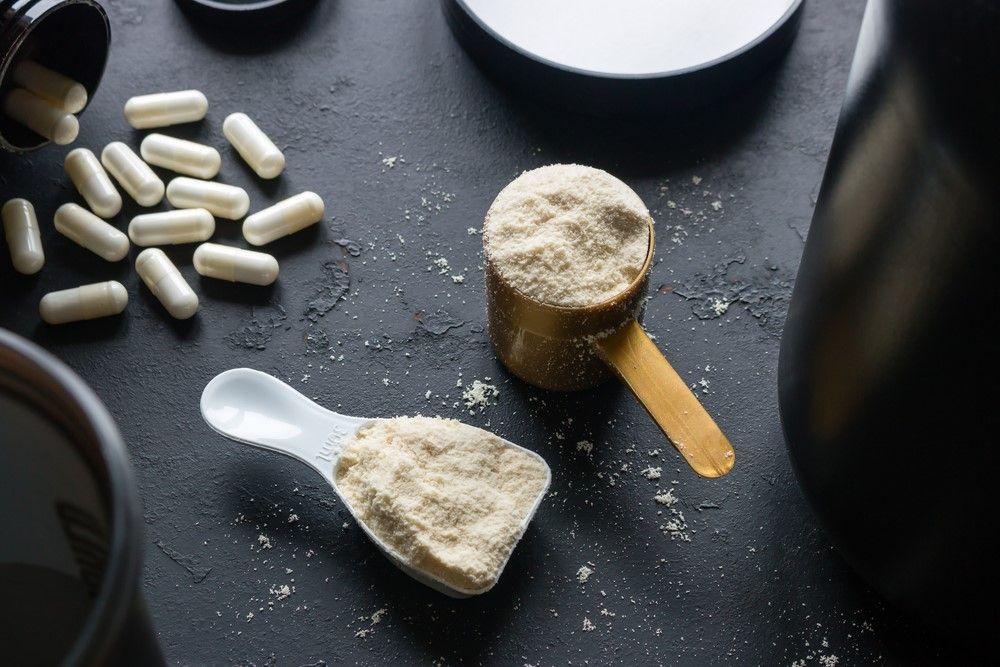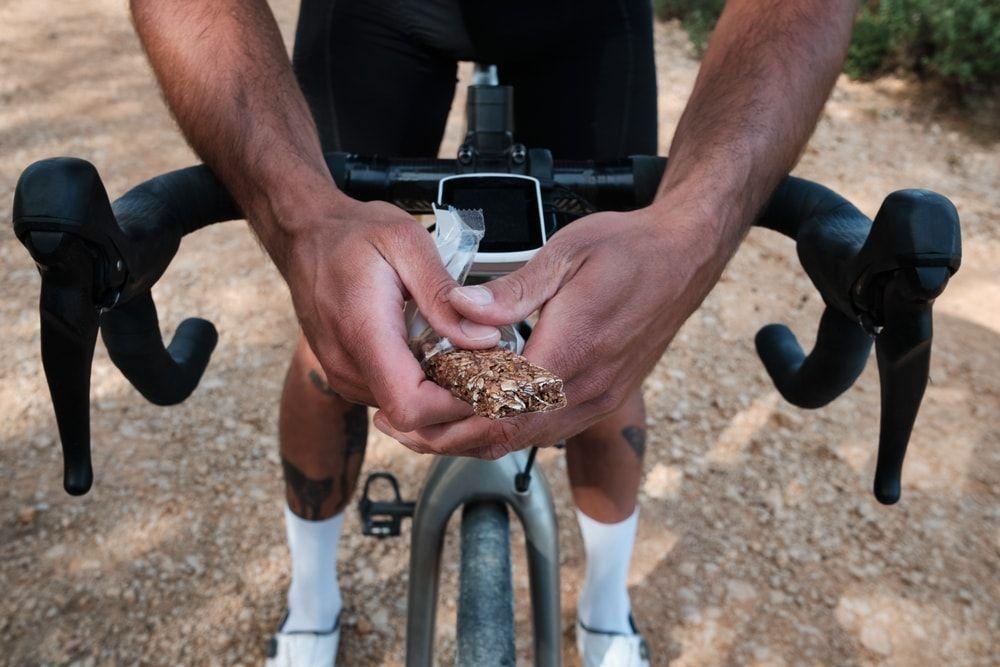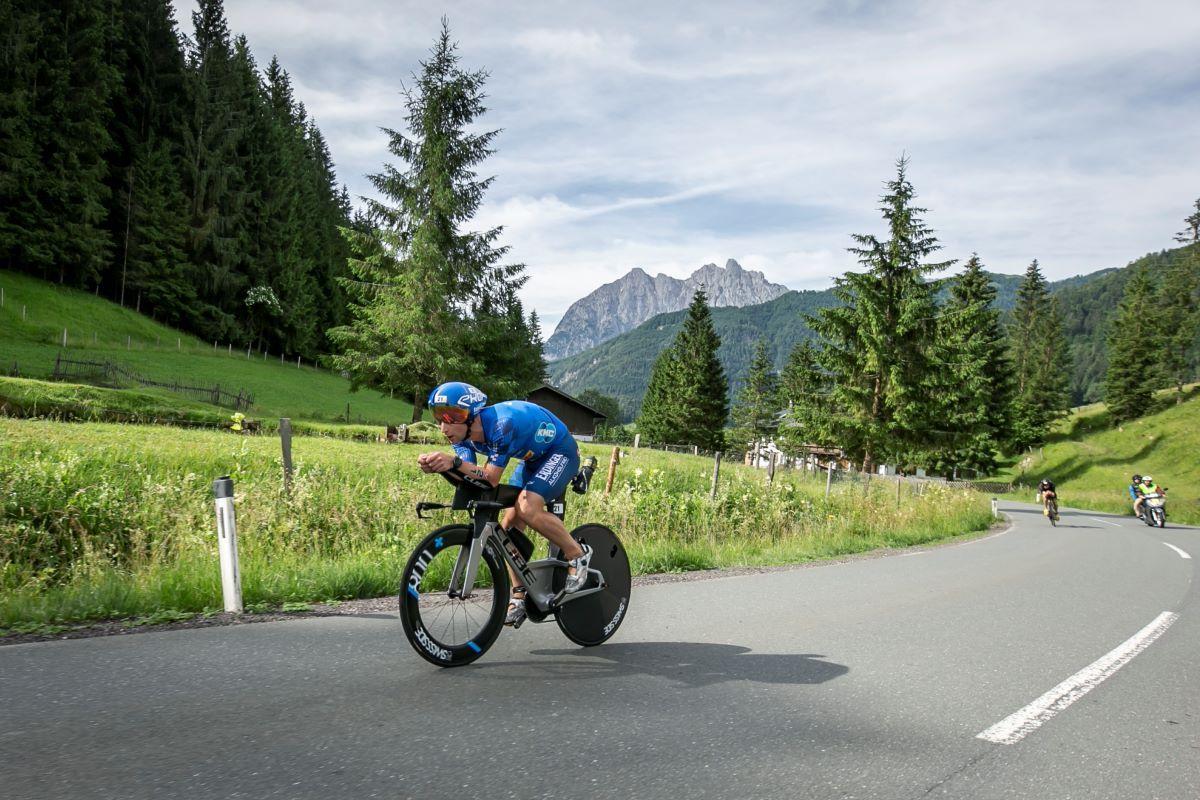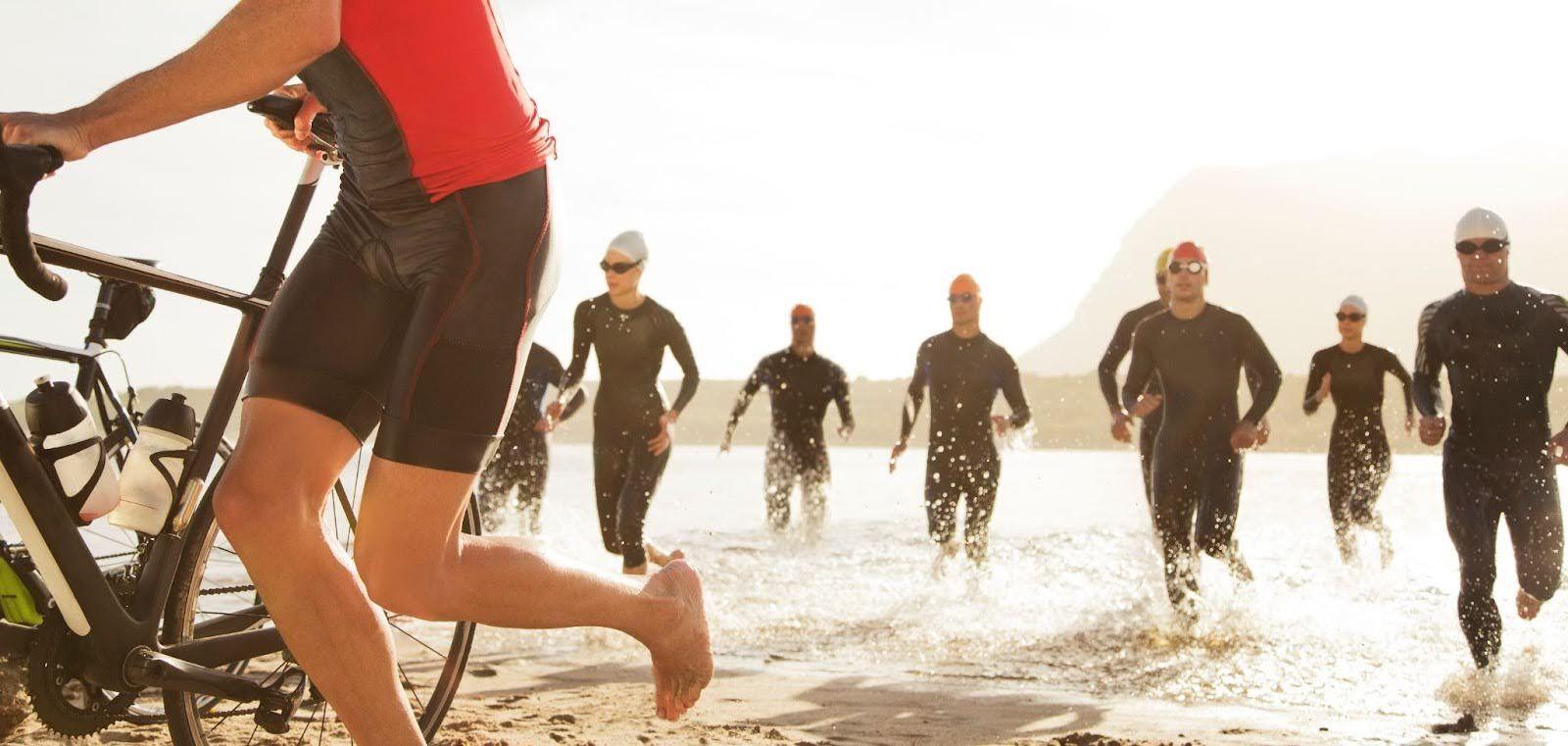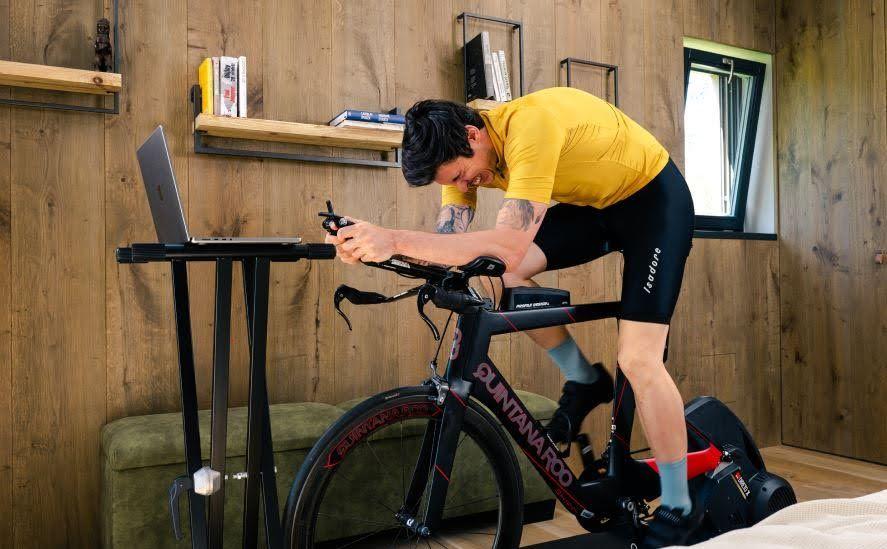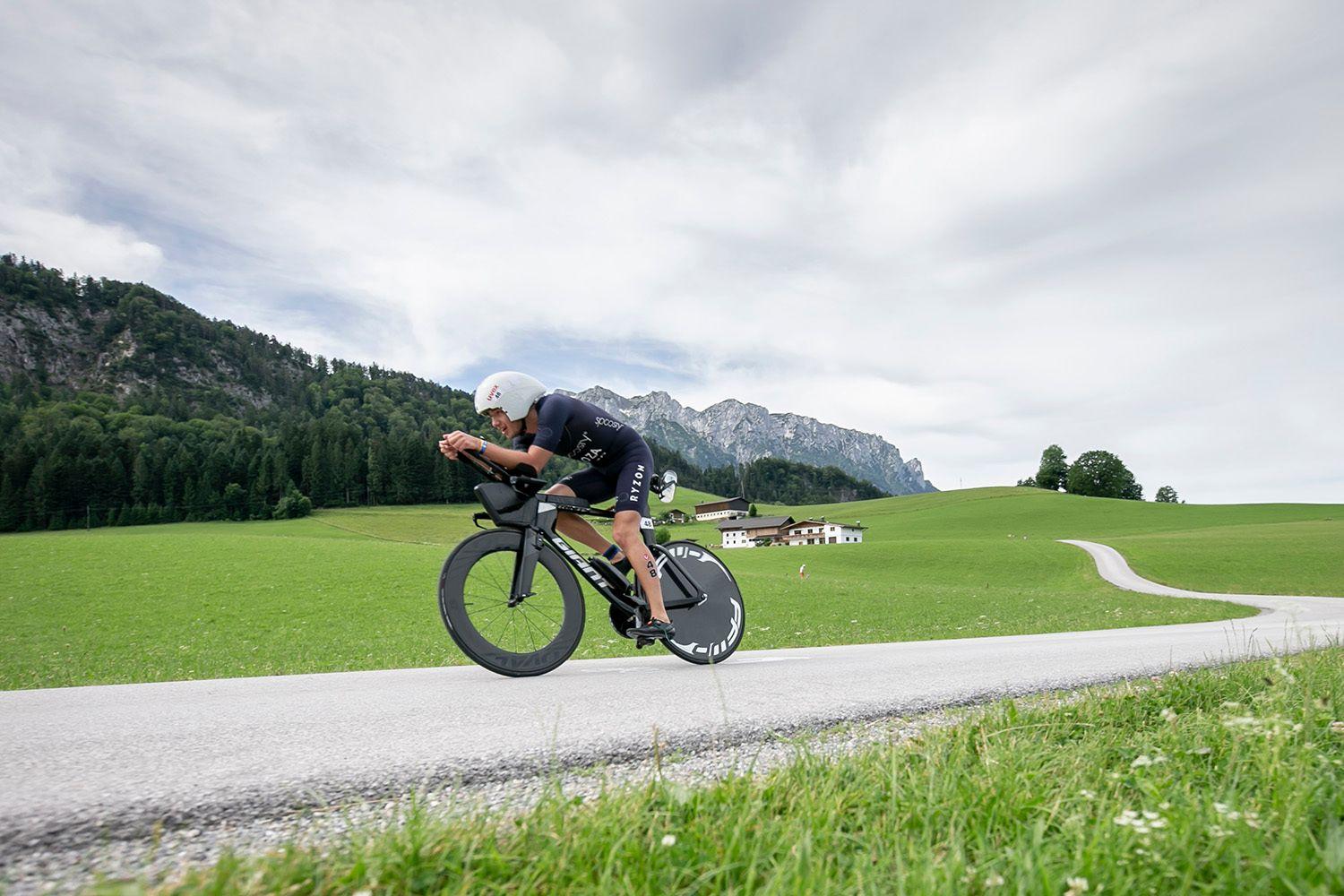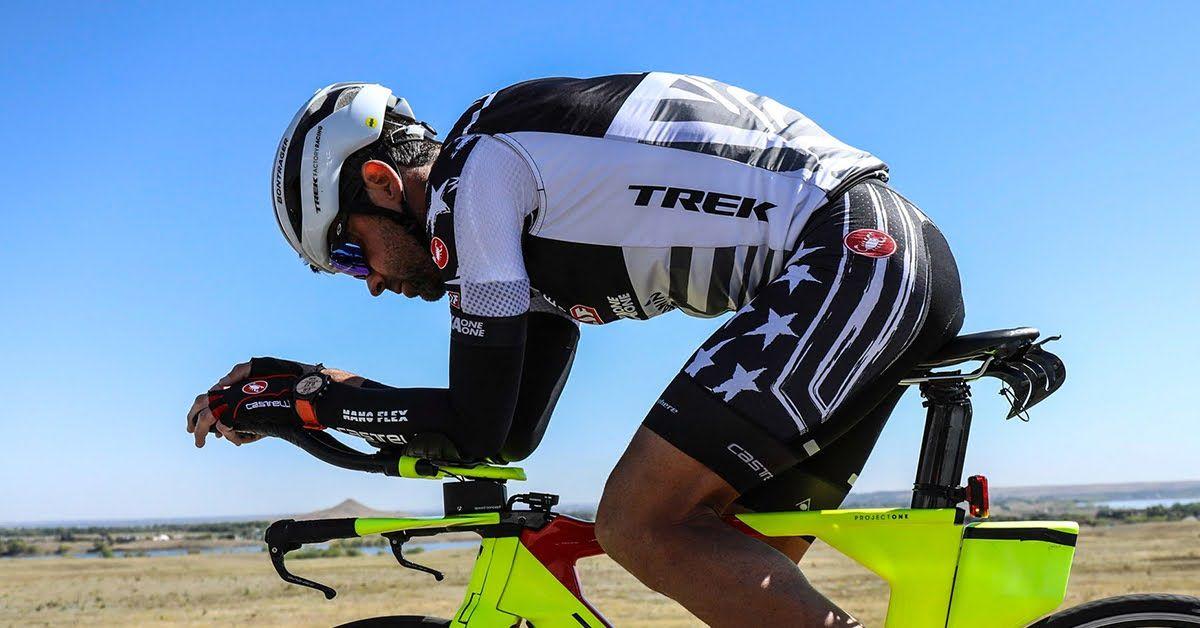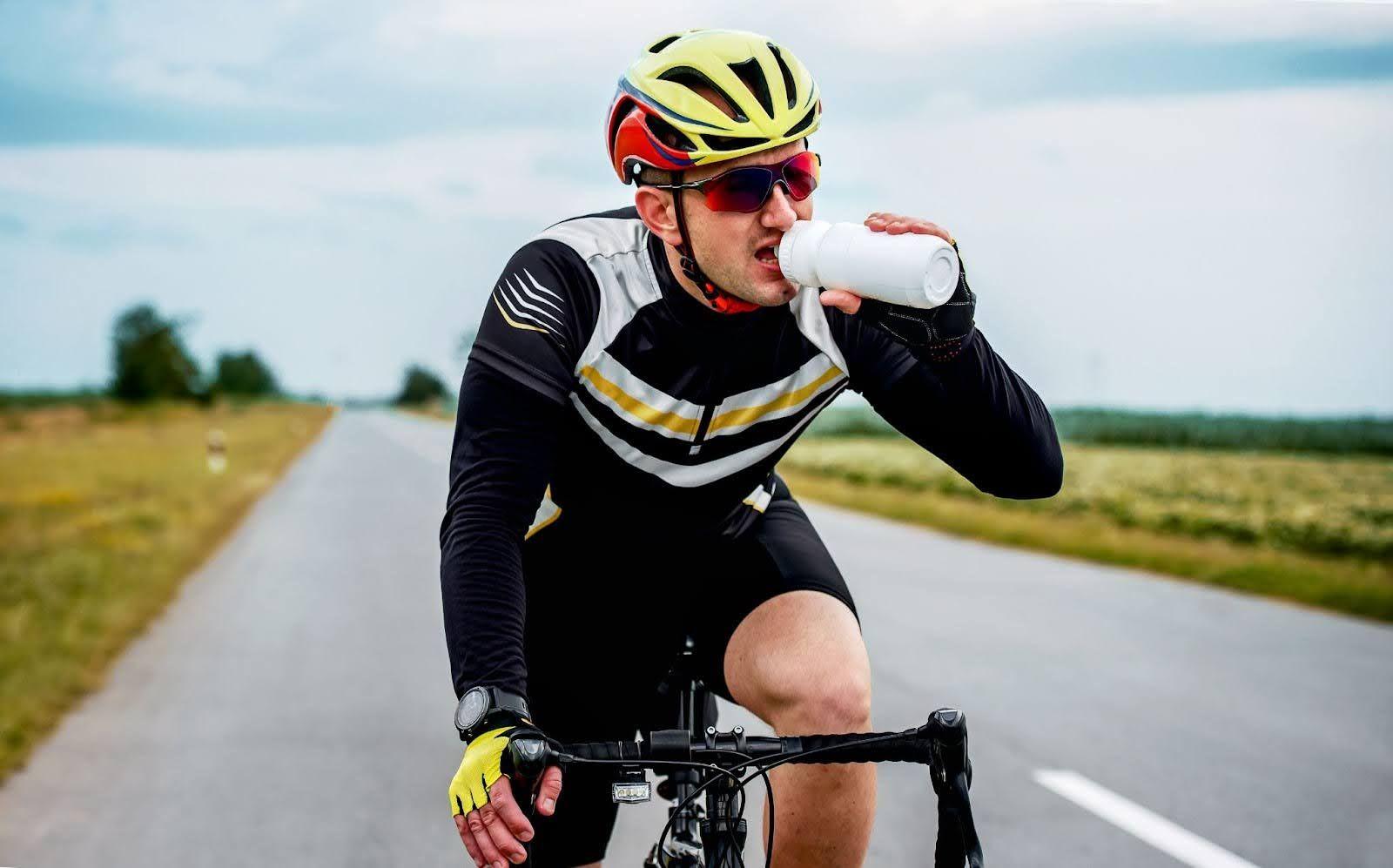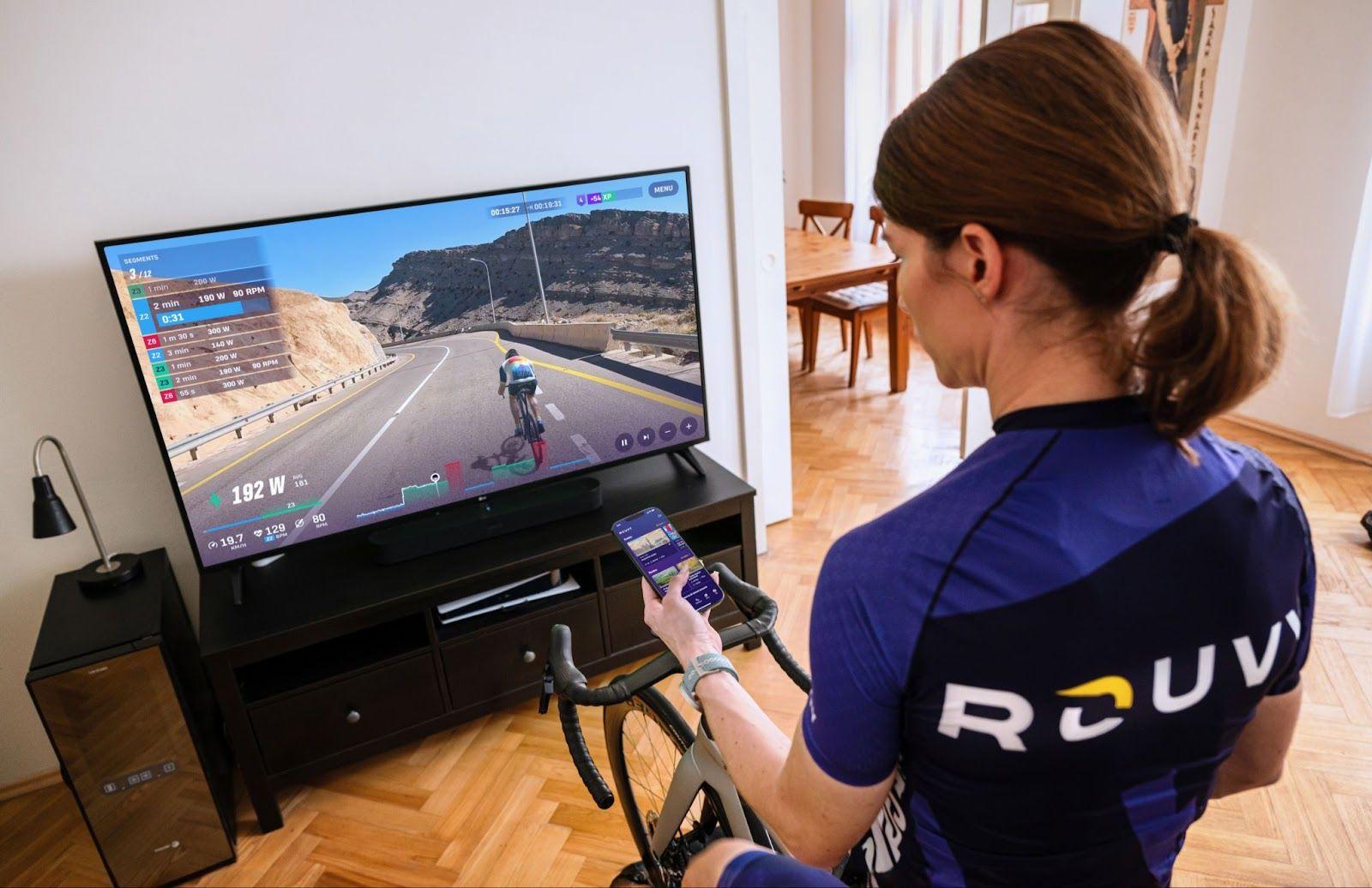Do Cyclists and Triathletes Need Supplements?
If you want to become the best you can be, sometimes just training consistently and hard will only get you so far. Supplementing your nutrition to optimize your training could be the difference between achieving your podium or falling behind in the middle of the pack.
The role of supplements in endurance sports
When it comes to nutrition, it has only been in the past few decades that we have taken it seriously. Instead of just getting a good meal in before a race, we are now supplementing before, during, and after for the best performance.
Supplements, as said in the name, are the process of supplementing the nutrition we need for the sport we are doing and the effort our body is making. With the right supplementation, we can race to our full potential.
Real food vs. supplementation
There’s no replacement for real food, and that’s where we get most of our valuable nutrition from. It’s not always easy to do this around racing. We unfortunately can’t just grab a three-course meal in the middle of an Ironman, so we have to supplement.
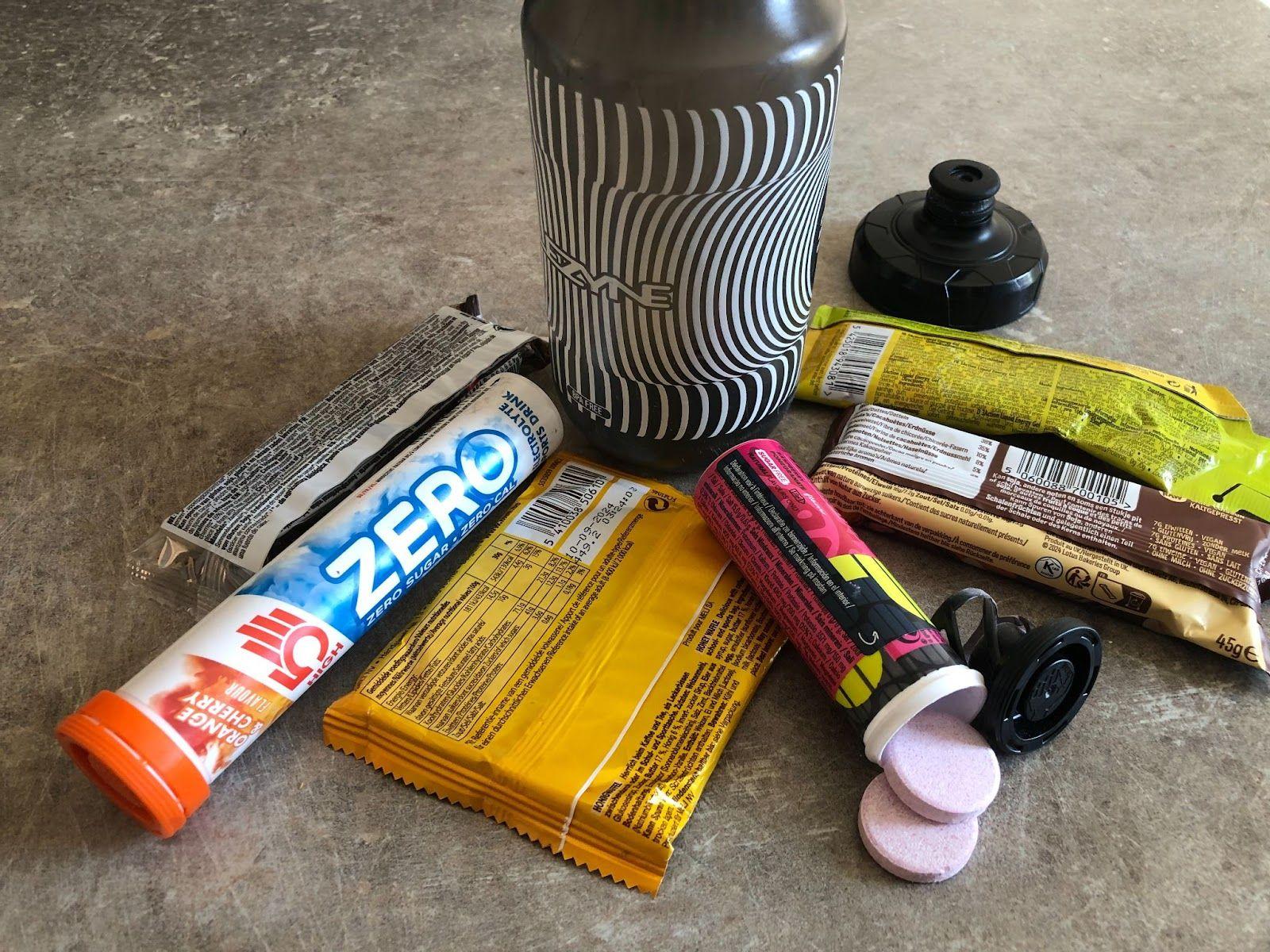
Supplement Strategy: When to Use and Why
Using the cycling and triathlon supplements at the right time is the key. Taking on different strategies depending on where you are in your journey is important. As a coach, I have always explained to my athletes I look after to use their supplements right.
Training vs. race day vs. recovery
When it comes to training, I personally think it's good to limit supplements to a minimum and just use them on longer training rides. On short, sharp training rides, I would personally avoid them and let the body do its thing.
Race day is when you need to be supplementing in every way possible. It might be energy gels throughout the race, carbohydrate powder, and lots of protein after. When it comes to recovery, getting regular protein through your training is important, and also, after each training session goes a very long way too.
Indoor vs. outdoor needs (specific to ROUVY use)
If you are training indoors, the supplements can often change. For example, being indoors typically means our body has to work harder to stay cool compared to being outside, meaning more electrolytes, but you can focus on eating normal foods. Supplements for indoor training are the same as outdoors but can be used in different ways.
Core Supplements That Actually Work
There are a lot of different cycling and triathlon supplements on the market that you can try. The core supplements that most cyclists and triathletes use are generally these.
Electrolytes and hydration tabs
Mainly used to replace salts and help keep you hydrated. These are excellent for those longer rides or warm rides where you find yourself sweating a lot. Electrolytes and hydration tablets are often added to your drinking water.
Carbohydrate powders and energy gels
Carbohydrates are your main source of energy when it comes to endurance sports such as cycling or triathlon. Having energy gels and using carbohydrate powders does help and gives you that extra kick you need when your personal storage runs out. These energy boosters are the best supplements for endurance athletes.
Caffeine: pre-ride or race-day edge
Caffeine is a commonly used substance for most people inside and outside of sports. It can increase focus, motivation, and keep your energy levels high. Some cyclists and triathletes supplement caffeine for races, and it can make a difference. Some athletes use a preworkout for cyclists, which is a huge shot of caffeine.

Creatine for endurance athletes: myth or muscle boost for endurance?
Creatine for endurance athletes is the most tested supplement and is commonly used across many sports. When it comes to cycling and triathlon, some people choose to use it for high-intensity efforts, and it can help with endurance in some ways.
Beta alanine cycling: buffering fatigue
Beta-alanine is a lesser heard of supplement, but some people do use it. It helps slow down the burn of lactic acid, meaning you can push higher power efforts for much longer. Beta alanine cycling supplements can go a long way to helping performance.
Nitrates (beetroot juice): natural endurance aid
A natural vasodilator that can improve oxygen efficiency and stamina, making those longer efforts typically much stronger. As far as cycling supplements go, Nitrates are lesser known.
Protein powders: for recovery, not energy
Protein is not used when racing, but after it is vital for recovery. If you don’t optimize your protein when training, you won’t see much improvement and could be wasting a lot of your time. When it comes to supplements for indoor cycling I can’t recommend protein highly enough.
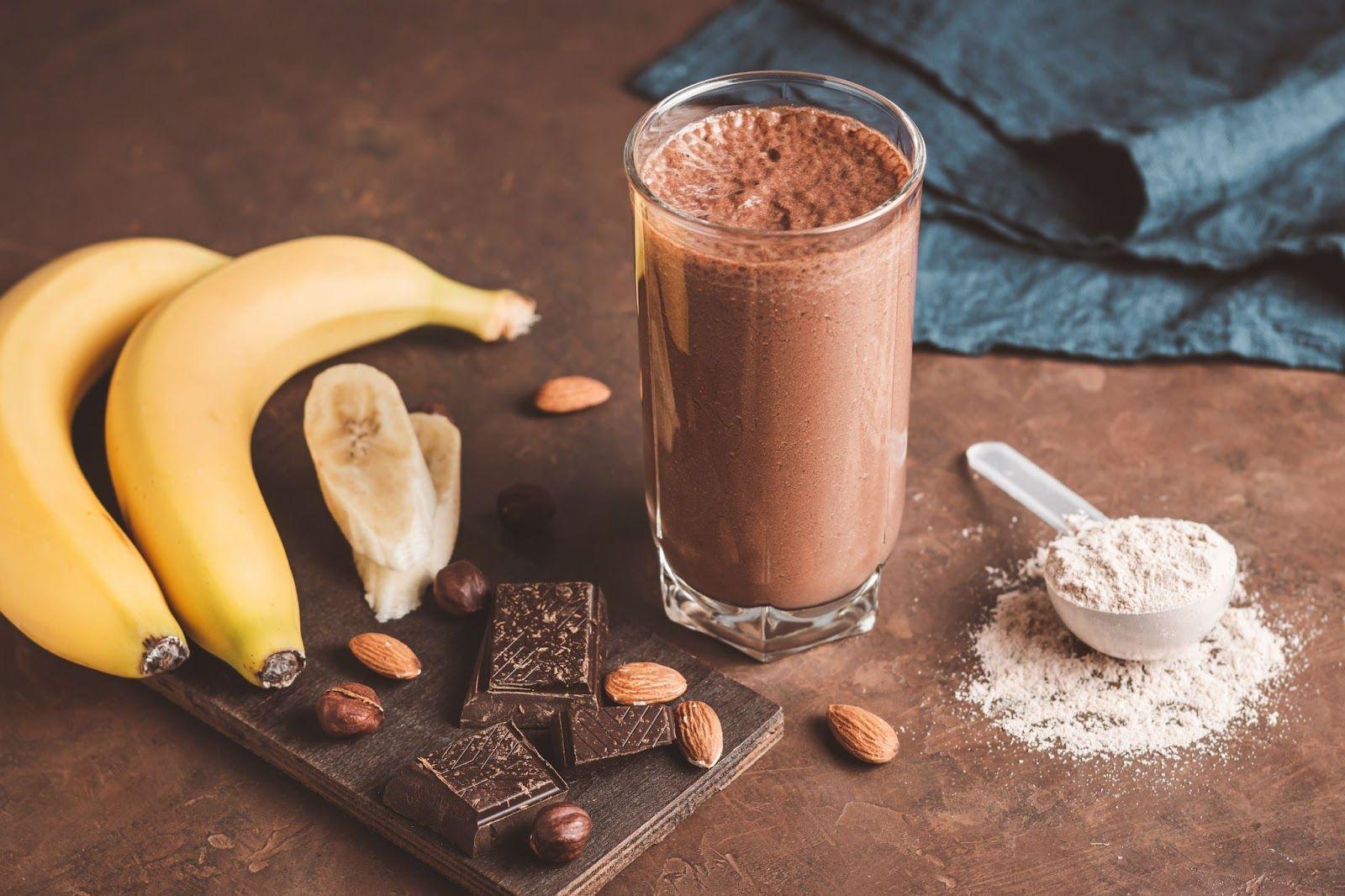
Vitamins & Minerals: What to Watch
Another big factor when it comes to nutrition is vitamins and minerals. We often lack these in day-to-day life, and it can often become more apparent when training or racing what you might be missing. The most common being Iron, Vitamin D, and Magnesium. Vitamins triathlon and cycling can really help but only if you are short in them.
If you are concerned about your levels of vitamins and minerals, then you can contact your GP or order a private home test. Athletes will typically have these a couple of times a year throughout training to check their levels.
What to Skip: Overhyped or Risky Supplements
There’s also a different side to supplements, which often cyclists and triathletes choose to avoid and are not recommended by health professionals.
Fat burners, testosterone boosters, and unregulated formulas
Fat burners and testosterone boosters come with a lot of risks. They are quite aggressive on the body and often contain a high amount of supplements, such as caffeine. They are often not very effective and come with risks associated.
The risk of contamination or anti-doping violations
At a professional level, these are often banned and often fall under anti-doping violations. There’s also a risk of contamination if the supplements are from a less credible source. We recommend avoiding these and always questioning where you get your supplements.
Supplement Timing: How to Match to Your Training Zones
As mentioned before, using your supplements correctly can hugely help your performance when it comes to race day or even your training. Here are some ways you can use supplements effectively.
Pre-ride prep for intense workouts
Before an intense workout, you can supplement with quick-release carbohydrates for extra performance or even have caffeine to raise your energy levels. It’s good to ensure you don’t raise them too high in case you flag a little too early, but good to test what works.
Intra-ride fueling for endurance
If you are doing a long ride and need to keep on top of the fueling, then carbohydrate powder could be a great solution. It’s not always something you want to rely on, but great because it’s drinkable over having to eat.
Post-ride recovery stacks for structured ROUVY plans
Protein bars or shakes are an excellent way to finish a workout. They help the muscles recover more efficiently, they get you recovered a lot quicker, and fill the stomach to avoid snacking on poor choice foods.

Indoor Training Specifics: How Supplements Help on ROUVY
ROUVY is a fantastic tool for training and combining great workouts with a good supplement strategy, then nothing can stop you. Here are some ways you can supplement to help you while you take your training indoors.
Avoiding dehydration in ERG mode
ERG mode is a wonderful way to ensure the proper effort level is outputted in a workout. It’s easy to get lost in the work and focus just on the trainer instead of having enough water. We highly recommend water and electrolytes to help you through.
Caffeine timing before virtual races
Do you want to pack a punch in that race? Well, you might consider adding some caffeine prior to the race to ensure the legs are at full gas and ready to go. Not only that the motivation will be at an all-time high. Pre workout for cyclists could be an option but it can be around 150g or more of caffeine which is basically two Red Bulls in some cases.
Electrolytes for sweat-heavy turbo sessions
If you have a big session planned on the turbo trainer, then electrolytes are key here. They are going to be amazing at ensuring you don’t lose too much salt and also lose performance. Remember, indoors, you often sweat much more than you might think.
Smart Supplement Shopping: What to Look For
Where should you get your supplements from? Well, depending on where you live, you will have many options. It’s important to go somewhere that will give you not just a good product but a safe product.
Third-party testing and certification
It’s important to get your supplements from somewhere where they have third-party testing and only sell certified products. You know you’re getting supplements which is regulated and much safer.
Clean Sport, Informed-Choice, NSF
You also have Clean Sport, Informed-Choice, and NSF for help with your supplements. Knowing what you can and should take is good for not just professional athletes but also day-to-day cyclists.
Final Takeaways: Build Your Own Smart Stack
Are you ready to build your smart stack of supplements? Here’s how to get your best supplements for endurance athletes!
Start with the basics
Start simple and work up. Try supplementing things one by one and slowly build up your stack. I would recommend electrolytes first, then protein, carbohydrate powder, and anything else on top.
Track effects and adjust
As you build up your supplement use, it’s good to track what's happening. Keep an eye on your weight, energy levels, and how you're feeling. Anything that has changed and isn’t what you want, consider removing.
Stay consistent and informed
Finally, it’s important to stay consistent with a lot of supplements. It’s not an overnight success. It's slow progress, and even the body needs time to adapt to the different nutrition it gets while training and while not training.
